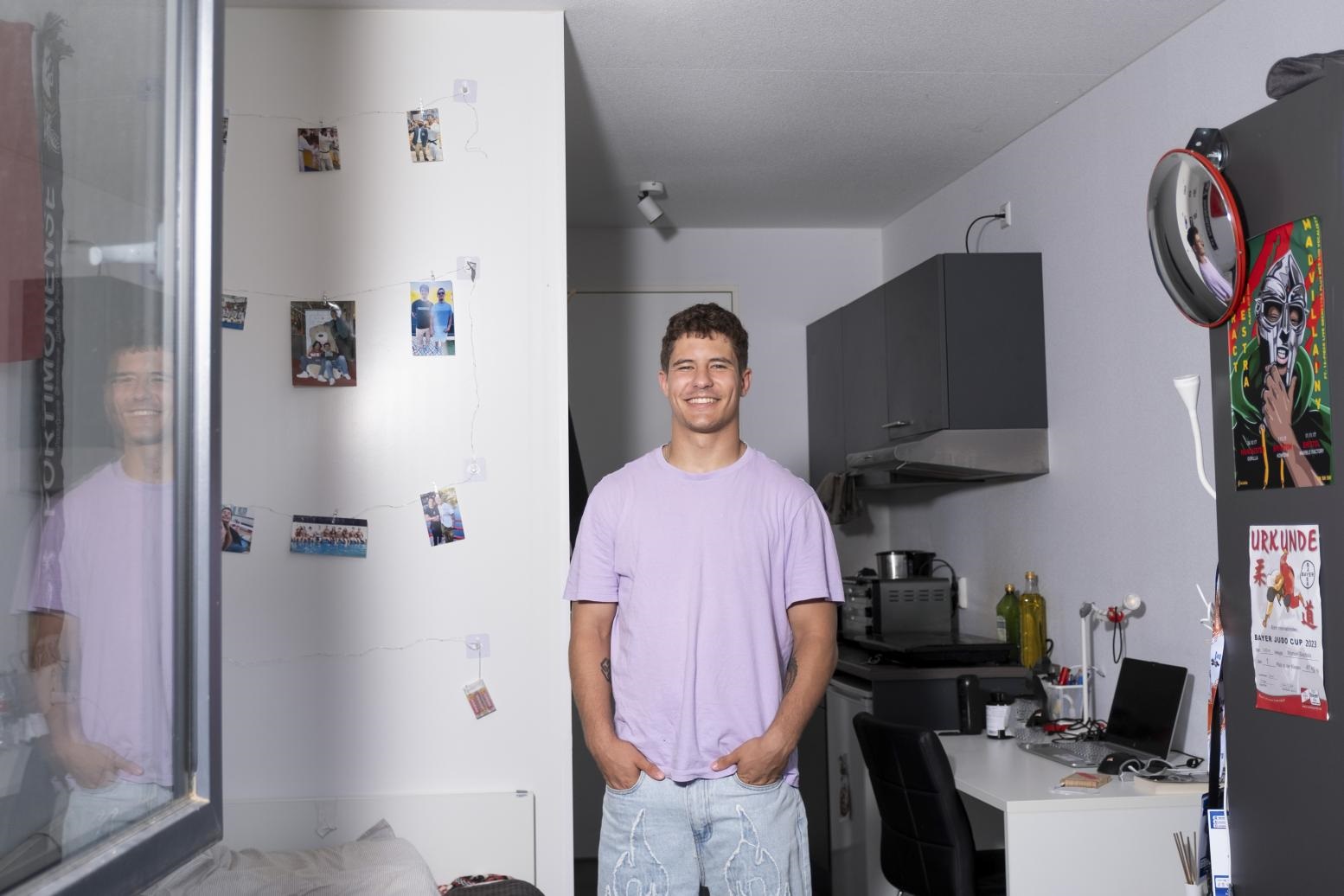Cancer and work: a challenging combo
Clearing off the desk of an employee who is at home because of cancer treatment? You wouldn’t do that. But what do you do, as an employer? Insights from scientific research into both sustainable employability as well as cancer and work were at the heart of the symposium ‘Good employment practice: healthy personnel policy and dealing with employees with cancer’, which took place on Friday, 9 June at Maastricht University. From communication tips to medical insights into treatments and side effects, the 45 participants from the non-profit sector went home inspired and with a free tool to use.
The symposium’s website Goed werkgeverschap (in Dutch) is still online. There you can find more information about the instruments and the contact information of the researchers.
Since the treatment possibilities (and thereby also the survival rates) of cancer have increased significantly, dealing with employees who have cancer is a challenge for many employers. Some employees want to continue working during their treatment. Some employers find it hard to know what they should expect. “We see that many employers make assumptions without checking them with the employee”, says Sietske Tamminga, senior researcher at the Coronel Institute of Occupational Health at the Academic Medical Center in Amsterdam. Together with Angelique de Rijk (associate professor at the Department of Social Medicine at Maastricht University), she received a grant from the Dutch Cancer Society, which helped to pay for this symposium. “Because of this, even though they have the best intentions, they sometimes miss the mark. For example, employers may assume that the employee doesn’t want to talk about it because cancer is still a loaded subject; or that someone can’t work regularly because they’ve previously dealt with someone who was being treated for cancer.” De Rijk adds, “During the symposium, we were also able to offer more insights into the major differences between treatments and side effects. That led to a discussion about whether as an employer you should, using a company doctor, think together with the employee about the place that they should undergo radiation, for example, because how precisely that occurs partly determines the side effects and thus the limitations.”
Cancer and Work project
What is unique about the four-year project ‘Cancer and Work’, according to the two researchers, is that it first takes stock of the needs of employers. They play a key role for many people with cancer. De Rijk: “Over the past few decades, cancer survival rates have improved dramatically, but sometimes after their treatment people can’t really go on with their lives, if their employer has written them off. Or they don’t know how to handle it. That shouldn’t happen.” Experts from 23 EU countries, as part of the CAncer and WOrk Network (CANWON), therefore previously issued a statement calling for European guidelines on cancer and work. During the symposium, the Dutch language version was presented.
MAISE and MILES
The participants were also able to become familiar with some tools that can help them implement a sustainable human resources policy. The MAastricht Instrument for Sustainable Employability (MAISE)* helps employers to improve the sustainable employability of employees by bringing both parties together for discussions. The participants received this free of charge and were also able to provide input for a toolbox developed by Michiel Greidanus of the Coronel Institute of Occupational Health, to help them better handle employees with cancer (MILES).
Actors
In addition to the knowledge they gained from the presentations, the session with actors was especially appreciated by the participants. They acted out how an employee tells his employer that he has colon cancer, how it went at the workplace at his first visit back and when he started reintegrating. DeRijk: “People in the room were able to give tips to the actors about how they could do better and the interaction exceeded our expectations. The symposium was a great way to connect scientific knowledge with how things happen in practice. We hope we can organise it again after a while.”
* MAISE was developed, together with Angelique de Rijk, by Inge Houkes, assistant professor at the Department of Social Medicine (FHML)
Also read
-
The area on the Sorbonnelaan in the Maastricht neighbourhood of Randwyck looked somewhat bare and remote about two years ago. This was mainly due to the modular and temporary appearance of the student houses that were quickly built there. Meanwhile, the area is increasingly taking on the character...
-
Billions of dollars in foreign aid could be spent more effectively if international poverty statistics weren’t so inaccurate. Says Dr Michail Moatsos, Assistant Professor at Maastricht University School of Business and Economics.


